HEART OF GOLD PRODUCTION REPORT TWO
Following my first report, I decided to focus my research on the town of Kibi, where I was born. Kibi is the traditional capital of Akim Abuakwa, the home of the Akans, and is where the Okyenhene has his palace. The river Brim flows through the town, as well as all the significant towns in the Akim Abuakwa region, and significant gold deposits exist in the area, particularly between Kibi and Asiakwa.
Large scale open cast mining has happened in the area and I visited the archives of the town, located at the Okyenhene’s palace, where I discovered the extent to which British companies in the early part of the 20th Century were busy appropriating land for mining. Alongside the commercial mining, local young men known as ‘galamsay’ have over the decades, if not centuries, dug makeshift mines all over the place in search of gold. These makeshift mines are deep pits, crudely dug, which often pose a danger to the miners, litter some of the woodlands around the town. I was able to interview a number of these galamsays and they will apear in my final film.
One of the things that I managed to do while still in Ghana, is get an initial idea of how my film might work. Given my interest in what I call transcendental realism, that is telling cinematic stories whose narrative approaches evokes and addresses our spiritual feelings, I set out to try and shape my idea in a way that goes beyond traditional definitions of documentary. I am looking at how I can use the film form, predominantly the documentary genre, to deal with the changing spiritual relationship people have with nature, and gold in particular. I have decided, too, that I would have in this new film echoes of an earlier film I made in Ghana some years ago, One Day Tafo. In that film, I used a poetic approach to documentary that saw me freely use fictional and documantary genres in a poetic mixture that I hope generates a different relationship with the themes and subjects of the film.
So with Heart of Gold, I aim to freely mix genres in this way. To this end, I have cast a boy, Kwasi Akufo, who will be a fictional character in the mids of documentary situations and imagery. I have drafted an initial treatment which I shall work on now that I am back in the UK and the plan is then to go and shoot some specific scenes and sequences in late March. Some of the material I have shot already will also form part of the film. There will also be some archive material used in the film, in particular some material I have been given by Third World Network — Africa, a think tank advocating developmental and governance change in the developing world. They have some significant footage around large scale mining.
During the last few days in Ghana, I also attended to a number of practical issues around the production. One of these things was meeting with a potential composer and performer of the music for the film. I met Lionel Lawson through my driver, Kujo. Lionel is a wonderful talent with not only exceptional skills in composition, but a fantastic singer. I heard some of his music while travelling with Kujo and asked to be introduced. Lionel has many talents, not limited to his musical talents, but he is also a talented artist. He has no instruments, except for an old keyboard, yet he plays many different instruments. He has no computer, yet he can go into a recording studio and work with the latest technology to fashion a multi-voice, multi-instrument piece that rivals the quality of anything I hear coming out of professional western studios. An indication, if any, of how talent in the developing world is being untapped and un-realised.
As mentioned, the next few weeks I will be reviewing my material and working further on shaping the film I will eventually make. I shall report further on progress in the near future.
